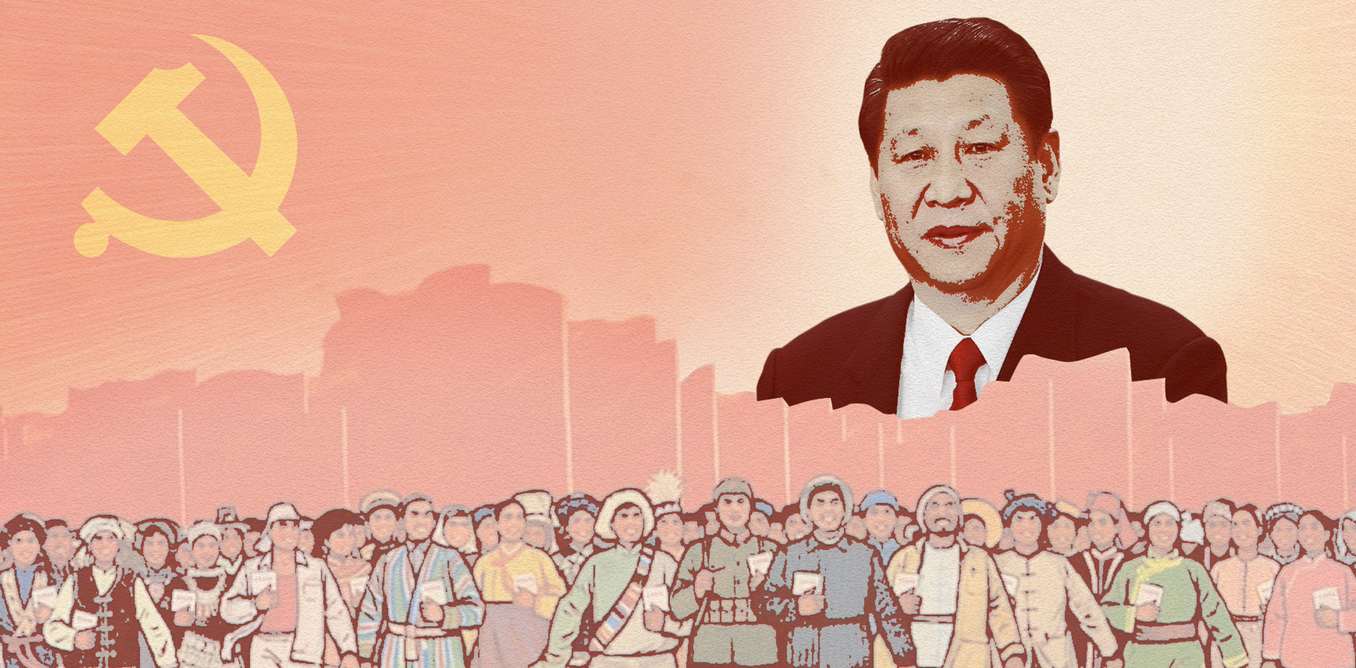

Jul
In China and pretty much everywhere else in the world, the administrative apparatus tends to be (in)famous for excessive bureaucracy, inefficient spending and… well, generally speaking, being disconnected from the proverbial real world. This tends to be a problem because not only is money being lost as a result of various combinations between incompetence and corruption at the administrative level, it also tends to lead to a build-up of discontent or even frustration among the country’s population.
To combat this, Xi Jinping has come up with a rather original approach as of December 2012, more specifically a number of eight austerity rules that individuals need to abide by. From promoting them through emojis that went viral to more serious measures such as punitive action against those who break the rules, it became clear that these rules were not just meant as a symbolic gesture or formality.
Up until this point, a six-figure number of individuals have been penalized, with a low three-figure number of people being added to the list each day and citizens being encouraged to report misbehavior via CCDI.GOV.CN. Anecdotal case studies also abound, such government orders of Moutai (China’s so-called national liquor) going down from the 30% of the total sales volume they used to represent before the implementation of these measures to less than 1% nowadays.
While bureaucratic inefficiencies won’t exactly be going away overnight, it’s interesting to notice that there are indeed results associated with the previously-mentioned eight rules, so it makes sense to see what they actually revolve around:
- Rule #1 encourages leaders to meaningfully understand the entities they are inspecting through grassroots-level involvement rather than simply formal visits with zero tangible results. No red carpets, no sophisticated receptions, less formality
- Rule #2 states that Political Bureau members need approval from the Central Committee of the Communist Party of China to attend various ceremonies, seminars and so on. To put it differently, it’s a “less ribbon cutting, more meaningful contributions” approach to administration
- Rule #3 encourages officials to keep the number of documents they issue to a bare minimum so as not to overwhelm other entities with useless administrative communication that could have been easily avoided
- Rule #4 stipulates that delegations for foreign visits need to become smaller and that there is no need to spend time, money and energy on events such as festive airport receptions (for example, spending valuable time and resources to get Chinese citizens who live in the country in question involved)
- Rule #5 aims to minimize the day-to-day disturbances caused by traffic controls carried out when Chinese leaders are traveling, so as to avoid ingraining the perception that there is an “upper class” with more rights than everyone else in the subconscious of the average Chinese citizen
- Rule #6 states that media outlets should give less coverage to Political Bureau members and their day-to-day activities, liming stories to only those that are meaningfully important. In other words, making it clear that officials should not be receiving excessive attention
- Rule #7, on a similar note, advises leaders against issuing public statements or letters without approval from China’s central authorities. Another limiting factor which should make officials think twice before flooding the public space with let’s say less than vital information
- Finally, rule #8 makes it clear that leaders should not engage in extravagant lifestyle choices, whether they are related to clothing, their housing situation or the vehicles they drive (from avoiding luxury to keeping their visits to expensive restaurants to a bare minimum)
… as can be seen, these rules are fairly straightforward.
The main idea behind them is simply keeping those in the administrative sectors from acting as a privileged class. Instead, by promoting behavior best described by the term “austerity” and trying to limit the inefficiencies inherently associated with highly bureaucratic procedures, the number one goal seems to be (more so than simply saving time, energy and money) creating a bridge between the ruling class and the average citizen.
